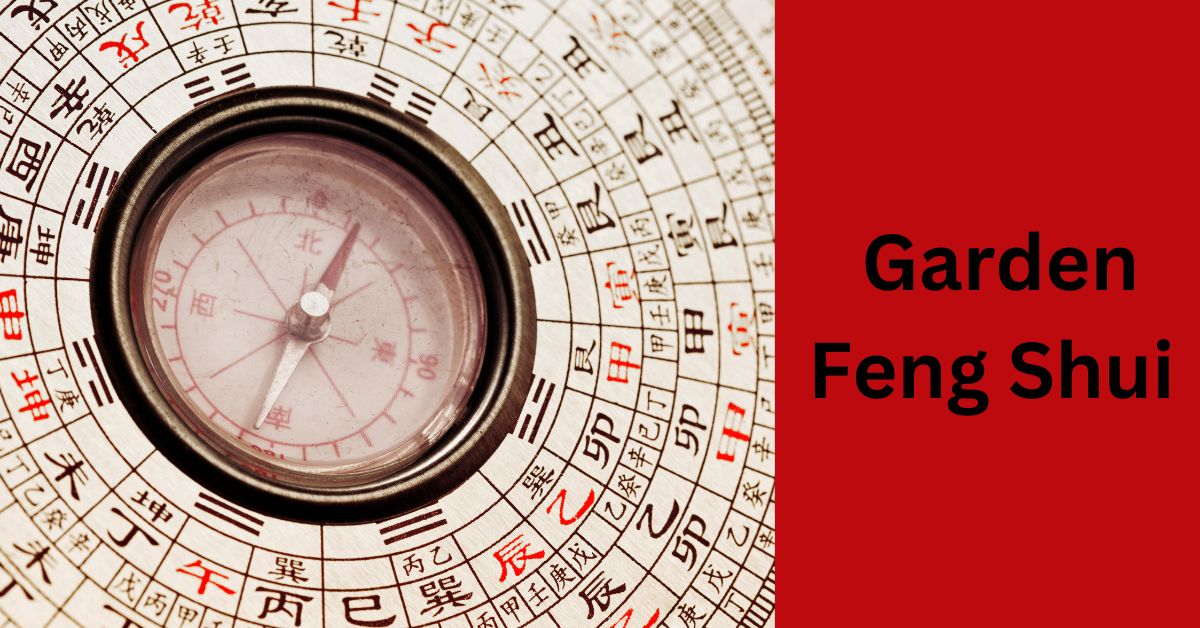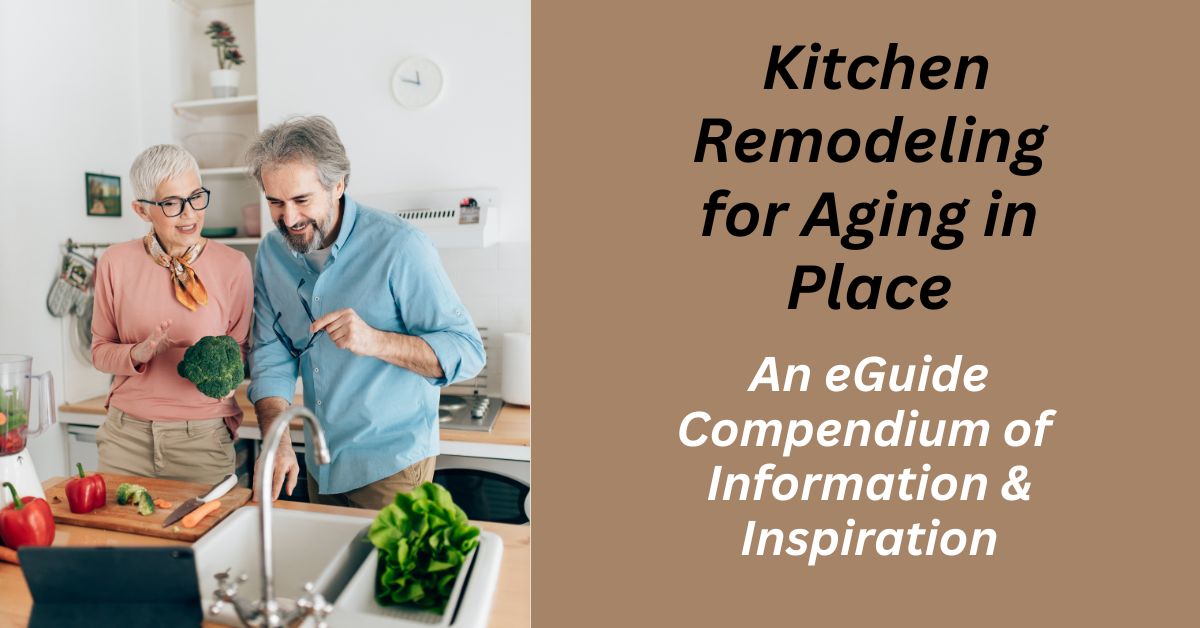Table of Contents
Note: If you came to this post about yard and garden remodeling through a random search, please click on this parent page and our home page for more context.
Feng Shui for the Garden
These feng shui garden design ideas will maximize the flow of chi energy in the yard outside the home and improve the flow of positive chi energy into the home.
The home does not exist in isolation. And, unless we are careful, the chi forces just outside can negatively affect the flow of positive chi energy into the home. So it behooves us to pay as much attention to feng shui in our front and back yards as it does inside.
- Related post: Feng Shui for the Home
- Related post: Kitchen Feng Shui
- Related post: Bathroom Feng Shui
- Related post: Living Room Feng Shui
- Related post: Bedroom Feng Shui
- Related post: Home Office Feng Shui
What is Feng Shui?
Feng shui, pronounced “fngg shway,” is the ancient Chinese art of placement. Its purpose is to design our living environment in such a way that it brings harmony, balance, and success to our lives.
The core concept is that chi energy exists in and around all natural things. And this energy can have both positive and negative effects on us. So the art of feng shui is to ensure that we are surrounded by positive chi energy.
Feng shui is based on the twin theories of yin-yang, on one hand, and the five elements, on the other.
Yin-Yang Theory
Chinese Taoist philosophy holds that nature comprises the two primordial forces of Yin and Yang. They are opposing but interconnected, mutually nourishing, and complementary.
Yin is the dark, negative, and feminine force. And Yang is the light, positive, and masculine force. These forces cannot exist without each other.
Feng shui seeks to balance yin and yang in our environment and this will bring positive chi energy with it.
Five Elements
According to Taoism, the interaction of Yin-Yang produces the five elements, which are earth, wood, metal, fire, and water.
These are the elements that make up physical nature. They support and control each other as expressed in this diagram.
- Wood represents growth, creativity, and inspiration.
- Fire represents passion, energy, and transformation
- Water represents spirituality and wisdom
- Metal represents logic and clarity
- Earth represents stability and permanence
Just as with yin and yang, it is the purpose of feng shui to bring these elements into balance in our environment. This too will engender positive chi energy for us.
Garden Feng Shui
So how does feng shui affect the garden?
Some feng shui practitioners will talk about placing our homes and their gardens amidst ideal surroundings on undulating land, with mountains behind and water in front.
But in the real world, we don’t have that kind of opportunity. So, we work with what we have and keep things simple but still achieve great feng shui outcomes. A great deal of feng shui is about working with what we have.
The rest of this post explains how and with simple feng shui garden design ideas that you can easily apply.
We start with the Bagua energy map.
The Bagua Energy Map
The Bagua energy map, which we discuss in some detail elsewhere, is our feng shui placement guide. And it is used for the garden in the same way as it is used for the home.
We just extend our home’s Bagua map, oriented in the same way. That is with the North edge aligned with the wall of the house that contains the front door.
Pottery Barn has produced a delightful graphic of the Bagua energy map as it might be applied to a garden. We reproduce it here.
Working with the Elements
Since the elements are expressions of yin and yang, balancing the elements also has the effect of balancing yin and yang. And to reach balance, you should incorporate all five elements of wood, earth, fire, water, and metal in your garden.
It’s easy to make sure wood and earth are represented because they are pretty much universally present in a garden. However, following the Bagua map, there are certain areas of the garden where they should get emphasis.
Wood
Aside from the trees and other greenery in the garden, you can emphasize wood by including some wooden ornaments or furniture, such as a garden bench. And, since the colors of wood are green and blue, you could add evergreen plants or blue flowering plants.
Earth
You can emphasize the earth element by adding pebbles or boulders. And a rock garden feature would be perfect. Ceramic pots also work well for this. And since the colors of the earth element are brown, yellow, and orange, you could add orange or yellow flowering plants.
Fire
Emphasize the fire element by featuring a BBQ, fire pit, or lighting feature. And, since the fire element color is red, you can include red-flowering or red-leafed plants.
Water
Emphasize the water element with a pond, a fountain, or a birdbath. The color for the water element is black, so you could use this as an accent in your garden furniture. Black wrought iron furniture would be an example.
Metal
You can incorporate the metal element with wind chimes. These make for great feng shui because the sound of the chimes disperses negative chi. Or you could add a wind spinner. And, since the color of the metal element is white, you could also add some white flowering plants.
Paths and Walkways
Feng shui likes paths and walkways to curve and to meander. The flow of chi energy will gently follow this kind of pathway. If a pathway is straight, chi energy becomes too forceful and turns negative, and you do not want this entering your home.
Besides, a walkway with curves is much more natural, interesting, and attractive than one that is straight.
So, especially at the front door, create a curving pathway that approaches the door indirectly. The same applies to a driveway approaching your house.
It is for this reason that it is bad feng shui to have a home situated at the top end of a “T” intersection facing down the street or at the very end of a cul de sac.
Front Door Landscaping
The front door is the main portal for the entry of chi energy into the home. So keep the immediate front door area clear of any large shrubs or trees that might block the flow of chi in the space around the front door. And this area should feel welcoming for visitors too.
Welcome Wildlife to Your Garden
Feng shui is all about nature. And this includes living things, So welcome wildlife to your garden. It will bring great natural energy into your life.
Birdbaths, bird feeders, and birdhouses are easy ways to attract birds. And unlike regular house pets, wild birds are very low maintenance. Include shrubs and trees that birds find attractive.
Plant your garden with pollinators like birds, bees, butterflies, bats, and moths in mind. There is a great selection here.
Deck and Patio Feng Shui
Your patio or deck (we’ll just call it the patio) serves as a link between your home and the outdoors, whether this is your garden or a downtown cityscape. And, whether or not you have a garden, the patio is a place to enjoy and entertain outside but in comfort. So, it’s appropriate to apply feng shui to this area too.
Balance the Elements on the Patio
In applying feng shui to the patio, you will first locate it on the Bagua energy map and take guidance on what elements and colors should receive emphasis.
Of course, if this space is on a wooden deck, you have the wood element well covered. Similarly, if it is on a concrete slab, then the earth element is already there. However, you can supplement both these elements by the addition of plants in clay or ceramic pots. The plant represents wood and the pot represents earth.
In introducing the water element, consider a small fountain. And for metal, this is a great place for a wind chime. As for fire, a small fire pit centered on a table surrounded by comfortable furniture for family and guests is a great and very inviting solution.
Contain the Flow of Chi Energy on the Patio
Our patio operates pretty much like an extended living space, often accessed via sliding doors, which can be left open for extended periods. And you do not want to have the positive chi energy in your home just flowing out of the home through these sliders, across the patio, and into the outdoors.
So, create a barrier to the out-flowing of chi by arranging your patio furniture in front of the sliding door.
Clear Garden Clutter
Just as within the home itself, be sure to keep the garden, including the patio, clear of clutter. Clutter is the enemy of free-flowing chi energy.
Clearing clutter includes staying on top of regular garden maintenance. This means removing dead or fallen tree branches, raking leaves, and deadheading flowers. Of course, all of this is work. So always have future garden maintenance in mind when designing your garden and selecting your plant material.
- Related post: Reasons to Declutter
Final Thoughts on Garden Feng Shui
These feng shui garden design ideas are a starting point. But the main thing is that they are for guidance. They are not mandates.
Creating and maintaining an outdoor space, which is alive and in tune with nature should be a joy, not a chore. And the purpose of feng shui gardening is to enhance these feelings of joy. This is what the free flow of chi energy in your garden will do for you.
At the very least, you can be sure that applying feng shui garden design ideas to your garden can only help your outdoor space become more welcoming and appealing to you and your family. And, If you do get these feelings and enjoy your garden more, you can be sure your feng shui efforts have been successful.





Leave a Reply